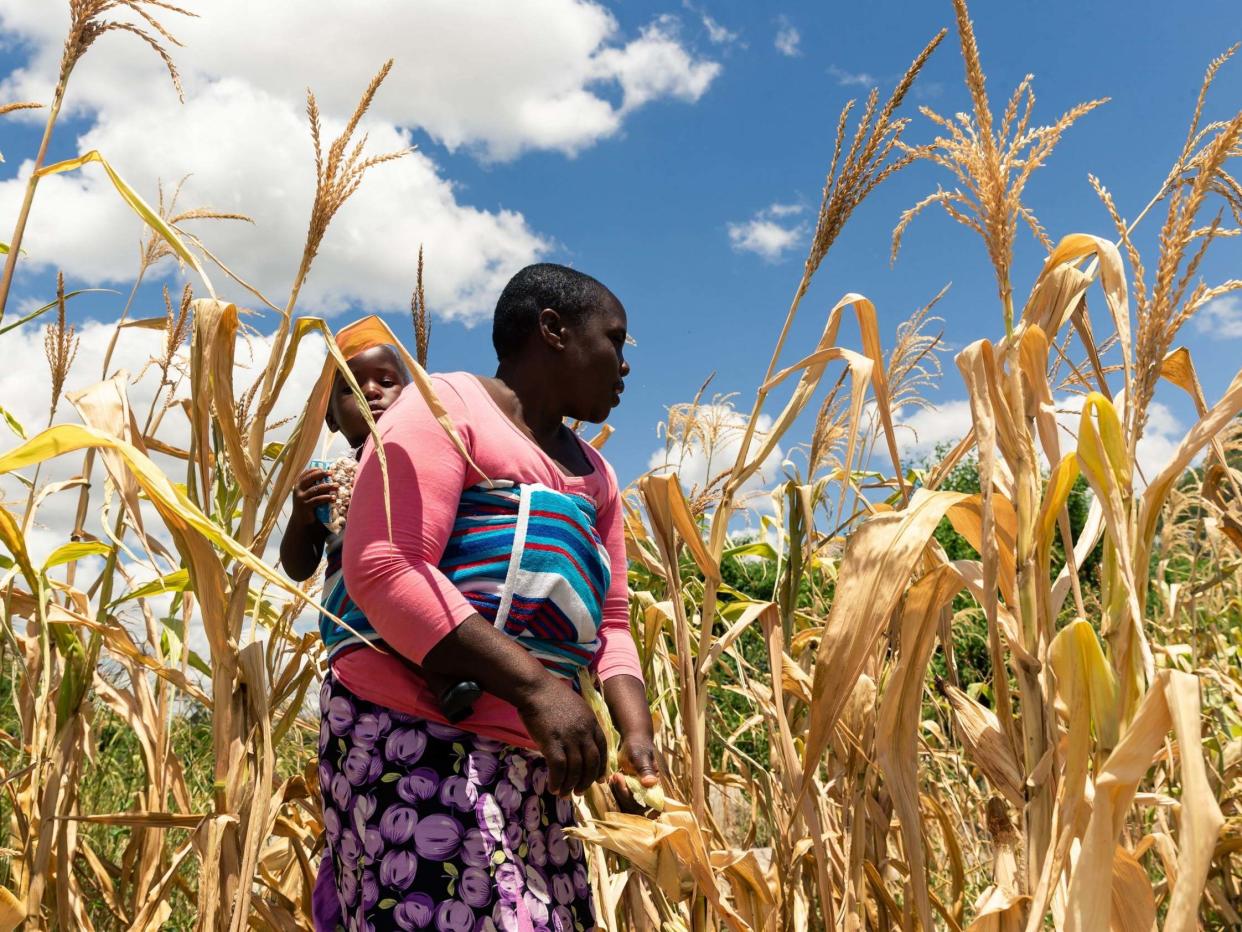Zimbabwe on brink of ‘man-made starvation’, UN says

Zimbabwe is “on the brink of man-made starvation”, the UN has warned, with nearly millions of people facing food insecurity and nine in 10 babies and toddlers not getting enough to eat.
Infants are also suffering malnutrition because breastfeeding mothers cannot find enough food, officials said.
“School drop-outs, early marriage, domestic violence, prostitution and sexual exploitation are on the rise” throughout the country , said Hilal Elver, a UN special rapporteur, on Thursday. Women and even children resort to coping mechanisms “that violate their most fundamental human rights”, she said.
She added: “The majority of the children I met were stunted and underweight. More than 60 per cent of the population of a country once seen as the breadbasket of Africa is now considered food-insecure, with most households unable to obtain enough food to meet basic needs due to hyperinflation.”
With inflation currently at about 490 per cent, people sometimes cannot buy food even if it is available, Ms Elver found.
Hundreds of thousands of people in urban areas also lack access to safe water, the investigator said following an 11-day visit to Zimbabwe.
Unstable weather, economic problems and land mismanagement by government have contributed to the problems, she found.
An unnamed government official told Ms Elver that “food security is national security”.
The special rapporteur also called on the international community to end economic sanctions on Zimbabwe – something president Emmerson Mnangagwa has also advocated.
“Sanctions ... have hampered every single sector of our economy,” he tweeted last month. “The claim they are targeted is simply not true when banks and entire sectors are cut off from funding. The average Zimbabwean pays the heaviest price.”
The US, which imposed the sanctions, says they target entities and individuals – including Mr Mnangagwa – over rights abuses, not the country at large.
Read more
Africa’s first high-speed rail line celebrates successful opening year

